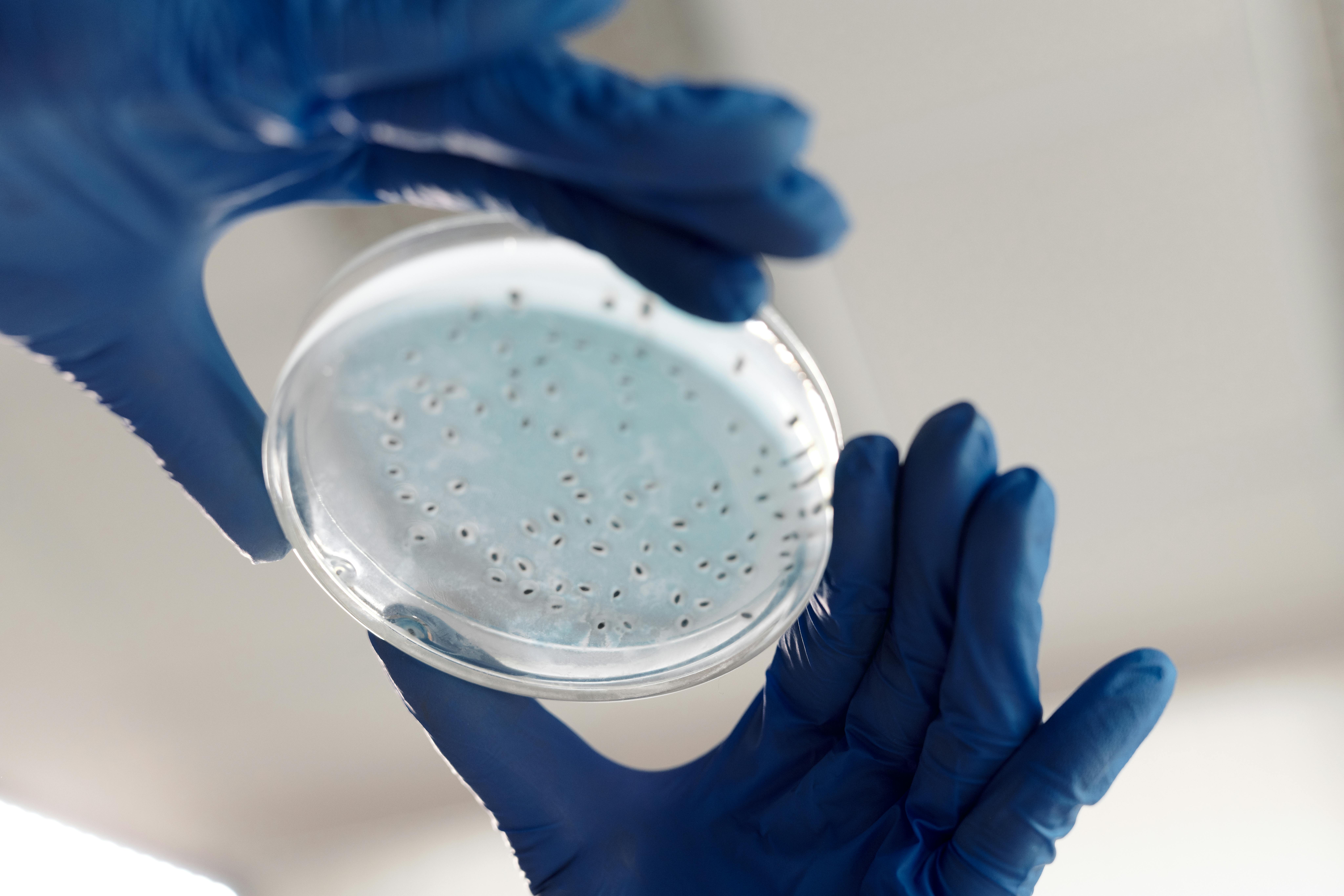The U.S. National Science Foundation Directorate for Technology, Innovation and Partnerships (NSF TIP) announced a first-ever investment through its NSF Use-Inspired Acceleration of Protein Design (NSF USPRD) program. The nearly $32 million investment is split between five teams across the country and explores how artificial intelligence (AI) can advance biotechnology.
The NSF USPRD program accelerates new approaches to protein design, enabling breakthrough technologies and strengthening the U.S. bioeconomy, according to program officials. While the program has issued several earlier awards, this investment round marks the first that specifically focuses on AI.
Custom protein design could transform industries from manufacturing to agriculture and nutrition. Proteins are tiny biological machines that can break down waste, produce materials or make chemicals based on their unique structure. Scientists have become skilled at predicting what naturally occurring proteins will look like and what jobs they can perform. The five award-winning teams want to use AI to create entirely new proteins from scratch.
This approach would allow researchers to customize and produce proteins for specific industrial uses, such as creating biodegradable plastic or developing more nutritious baby formula.
Two universities and three biotechnology companies received awards.
Purdue University received over $7 million in total funding over three years for a program called Programmable Small Molecule Biosynthesis. The team will focus on creating bacteria that can produce tough bioplastics able to withstand high temperatures. These bioplastics can be easily recycled into their original components or biodegraded and composted when discarded.
This could strengthen the U.S. supply chain for plastic goods while reducing reliance on petroleum-based plastics that last forever. The project also highlights new opportunities in domestic manufacturing that would emerge from these technological advances, which would strengthen the national bioeconomy.
The University of California, Santa Barbara (UCSB) received just over $6 million in total funding over three years for their program called De Novo Design and Evolution of Enzymes for Biomass Upcycling to Surfactants and Fuels. The team uses AI methods to solve challenges in biomass upcycling, which means turning plant material into valuable products such as soaps, fuels and lubricants.
Specially designed enzymes in the proteins will break down leftover agricultural material that exists in abundance, such as corn stalks or wood chips. This approach avoids harmful disposal methods like burning while creating useful chemicals from waste and limiting U.S. dependence on petroleum-based products.
The three corporate recipients include Arzeda Corp., Koliber Biosciences Inc. and Novozymes Inc. All three initiatives share a similar focus: solving current manufacturing bottlenecks through bioengineering.
Arzeda uses AI to design enzymes that create acrylates, which are used in products like paints, Plexiglas and super-absorbent materials. Koliber tackles the bottleneck of getting molecules in and out of cells faster during biomanufacturing. Novozymes uses advanced enzyme engineering to produce complex human milk oligosaccharides (HMOs), a crucial nutrient in baby formula that is difficult to manufacture.
To develop these projects, USPRD used an “Ideas Lab” approach that brought together industry experts and academics in an interactive workshop format. The process fostered cross-sector collaboration to tackle biotechnology challenges and identify practical solutions with real-world applications. This investment represents part of NSF TIP strategy since 2022 to accelerate use-inspired research and maintain U.S. leadership in critical technologies.
Photo by Edward Jenner from Pexels













